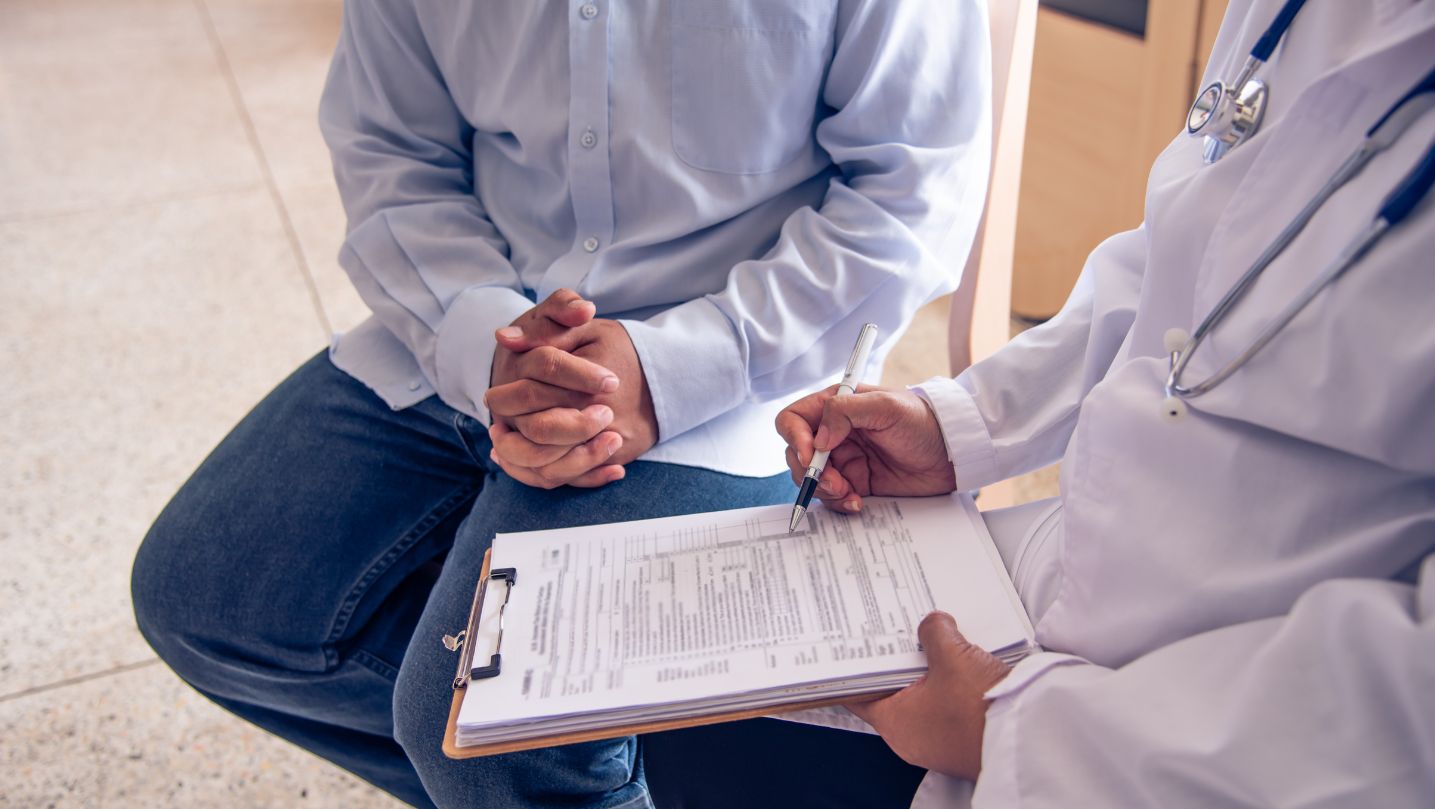
Are you wondering if you have to pay for a follow-up appointment after surgery? It’s a common question that many patients have, and the answer may vary depending on several factors. In this article, I’ll delve into different payment options for follow-up appointments and provide some clarity on what you can expect.
When it comes to follow-up appointments after surgery, the cost can be a source of confusion. Some healthcare providers include these appointments as part of the overall surgical package, while others may charge separately. It’s essential to understand your specific insurance coverage and provider policies to avoid any unexpected expenses.
The best course of action is to check with your healthcare provider or insurance company directly. They will be able to guide you through the specifics of your coverage and clarify whether there are any additional costs associated with follow-up appointments. Remember, clear communication is key when it comes to understanding medical billing and ensuring that you’re well-informed about potential expenses.
Do You Have to Pay for a Follow Up Appointment After Surgery
Determining Your Out-of-Pocket Costs
When it comes to follow-up appointments after surgery, understanding your out-of-pocket expenses is crucial. These costs can vary depending on a few factors, such as your insurance coverage and the specific healthcare provider you visit. To determine your out-of-pocket costs, consider the following:
- Insurance Coverage: Check with your insurance provider to understand what portion of the follow-up appointment cost will be covered by your plan. Some plans may fully cover these visits, while others may require you to pay a copay or coinsurance.
- Network Providers: If you have an insurance plan that requires you to visit network providers in order to receive maximum coverage, ensure that the healthcare provider you choose for your follow-up appointments is within your network.
- Type of Visit: The nature of the follow-up appointment can also impact your out-of-pocket costs. Routine check-ups may be more likely to be covered than specialized visits or procedures.
Factors Affecting Out-of-Pocket Expenses
Several factors can influence the amount you’ll have to pay out of pocket for post-surgery follow-up appointments:
- Deductibles: If you haven’t met your annual deductible yet, you’ll likely need to pay the full cost of each appointment until it’s reached.
- Copays: Many insurance plans have fixed copay amounts for different types of medical services, including follow-up visits. Understanding how much this copay will be ahead of time can help you budget accordingly.
- Coinsurance: With coinsurance, instead of paying a fixed copay amount, you’ll be responsible for a percentage (e.g., 20%) of the total cost. This can result in higher out-of-pocket expenses for more expensive procedures or visits.
- Out-of-Network Providers: If you choose to see a healthcare provider who is not in your insurance network, you may face higher out-of-pocket costs or even have the appointment entirely uncovered by your insurance plan.

Negotiating with Healthcare Providers
Exploring Medicare and Medicaid Options
When it comes to negotiating with healthcare providers, one avenue worth exploring is the availability of Medicare and Medicaid options. These government programs can provide financial assistance for individuals who qualify based on factors such as age, income, or disability.
For example:
- Medicare Part B covers doctor visits and outpatient care.
- Medicaid can vary by state but often provides comprehensive healthcare services.
If you’re unsure about your eligibility or have questions about how these programs can help cover the cost of a follow-up appointment after surgery, reaching out to the appropriate agencies or seeking assistance from healthcare advocates can provide valuable guidance.
Discussing Financial Assistance Programs
In addition to government-sponsored programs like Medicare and Medicaid, many healthcare providers offer their own financial assistance programs. These initiatives aim to support patients who may be facing financial hardships or struggling with high medical costs.
In conclusion, navigating the realm of post-surgery payments can be perplexing. While some healthcare providers may include follow-up appointments in their surgical packages, others might charge separately. To avoid surprises, reach out to your provider or insurance company for guidance on your specific situation. By being proactive and asking the right questions, you’ll gain a better understanding of what payment options are available for your follow-up appointments after surgery.











